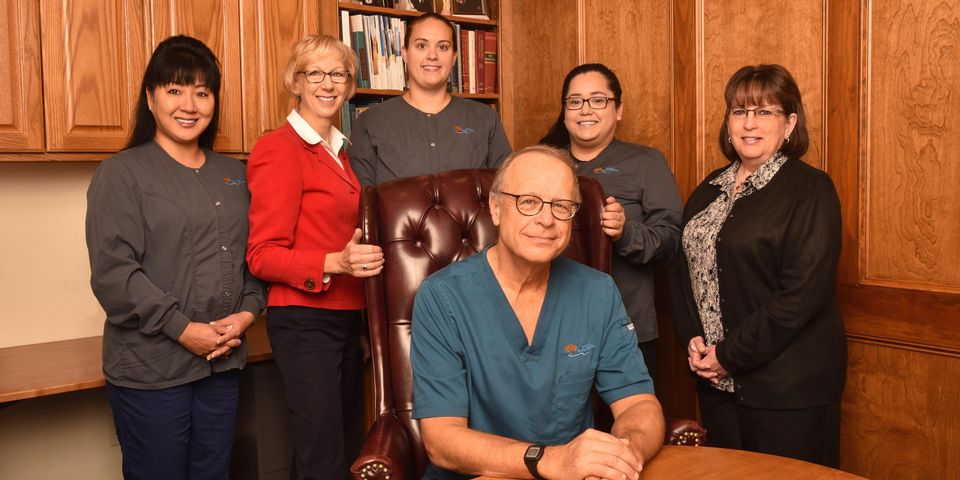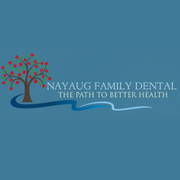
Losing a tooth to disease may impact “quality of life’. In terms of oral health, complete tooth loss, or edentulism, has been labeled DEFEAT. The extracted tooth will not grow back. But when routine care is long deferred, when more complex procedures are out of reach or not an option, the extractions serve the urgent need of relieving infection and/or pain.
The teeth “flame out” when they die and there evidence of this type of pain in ancient remains. Human fossil records bear testimony: the ancient Egyptian mummy unearthed with packing in the jaw. An Alaskan had a bored incisor estimated to be sometime between 1300 and 1700 A.D., apparently to relieve an abscess. And the tooth of a medieval Dane, had a rosary bead tucked into a cavity (Charlotte Roberts and Keith Manchester, Archaeology of Disease).
Decay is a progressive disease and, unchecked, it results in excruciating pain and tooth loss. Many factors contribute; diet plays a major role. In the very old days, when refined foods were rarer, the toothache was a curse of privilege. When sugar became cheaper, tooth decay, the main cause of toothaches, became more widespread. The habit of sipping sweet sodas, sports drinks or sucking candies has been widely implicated. The steady bath of sugar never allows the teeth to repair and remineralize themselves.
Hundreds of common over-the-counter and prescription medications taken by millions of Americans make teeth more susceptible to disease by causing dry mouth. This condition reduces the natural flow of saliva that cleanses and buffers the teeth, helping to protect them from decay. Without fluoride to strengthen the teeth, without enough routine home care, without timely professional care, the disease process progresses.
Financial factors have been sited as the main reason Americans delay getting needed professional dental care, a study by the American Dental Association found. Private and even public dental benefits can help defray the cost of services, but, unfortunately many people have no dental insurance. The cost of regular preventative care combined with good home care practices may indeed be less costly than having teeth extracted.
Contact Nayaug Family Dental for your dental care or concerns. We want to SAVE your teeth for a lifetime.
About the Business
Have a question? Ask the experts!
Send your question

